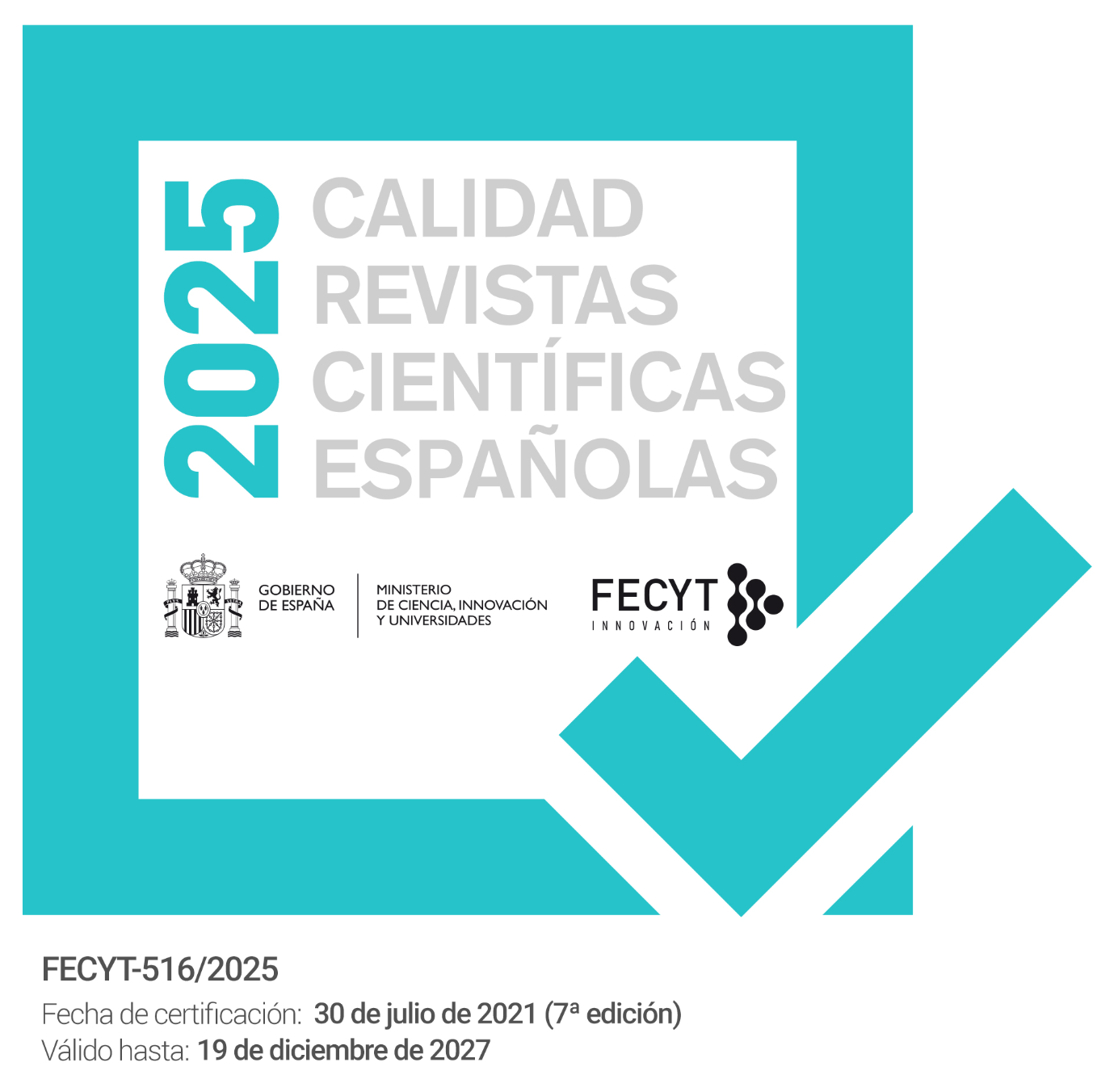HISTORIOGRAFÍA LINGÜÍSTICA: VEINTE PRINCIPIOS DEL PROGRAMA DE LA INVESTIGACIÓN HERMENÉUTICA
Abstract
The purpose of this paper is to describe the main concepts of Linguistic Historiography, the critical science of History. Historical discourse on language theory is to be understood as a narrative structure that intends to establish a canonicity. The boundaries of the historiography discourse are constrained by the principles of "the silence of writing" and "the reader as a new author", which are concepts of Hermeneutics. The paper also presents in context the theories of historiographers such as Roger Chartier, Roland Barthes, Hans-Georg Gadamer and Emilio Lledó. They are the contributors to historigraphical program, resumed at the conclusion of this paper in twenty principles.Downloads
-
Abstract1754
-
PDF (Español (España))871
The works published in this magazine are subject to the following terms:
1. The Publications Service of the University of Murcia (the publisher) preserves the economic rights (copyright) of the published works, and favors and allows the reuse of same under the license of use indicated in point 2.
2. The papers are published in the electronic edition of the magazine under a Creative Commons Attribution-NonCommercial-NoDerivative 3.0 Spain license (legal text). Papers may be copied, used, disseminated, transmitted and publicly exhibited if the following requirements are met: i) The authorship and the original source of its publication (magazine, editorial and URL of the work) must be cited; ii) The works cannot be used for commercial purposes; iii) The existence and specifications of this user license must be explicitly mentioned.
3. Self-archiving conditions. Authors can electronically disseminate pre-print versions (version before being evaluated) and / or post-print versions (version evaluated and accepted for publication). This makes possible its circulation and diffusion earlier and with it a possible increase in its citation and reach among the academic community. RoMEO color: green.









